Find Help
More Items From Ergsy search
-
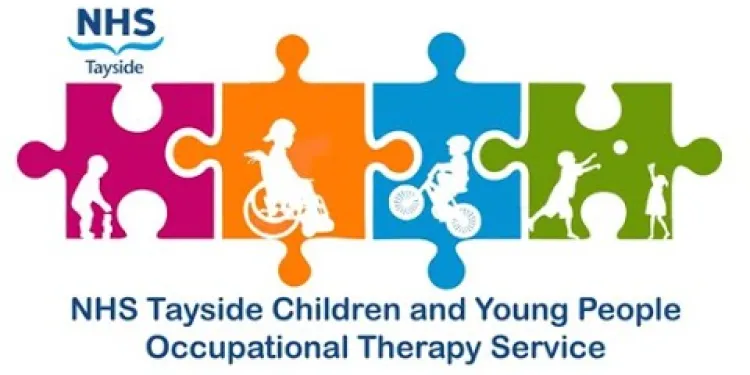
Developmental Coordination Disorder (DCD) for Children and Young People
Relevance: 100%
-
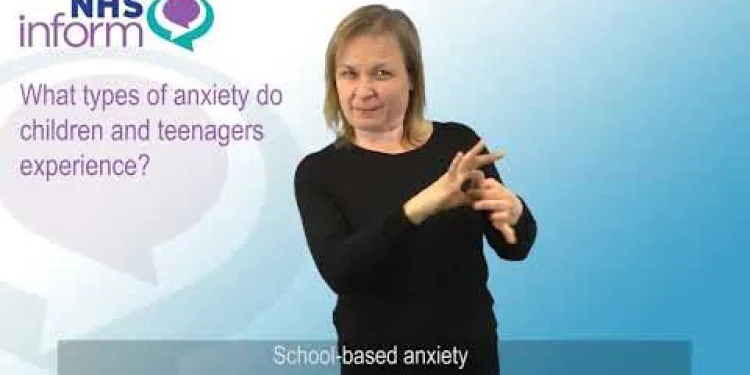
Anxiety in young people
Relevance: 53%
-
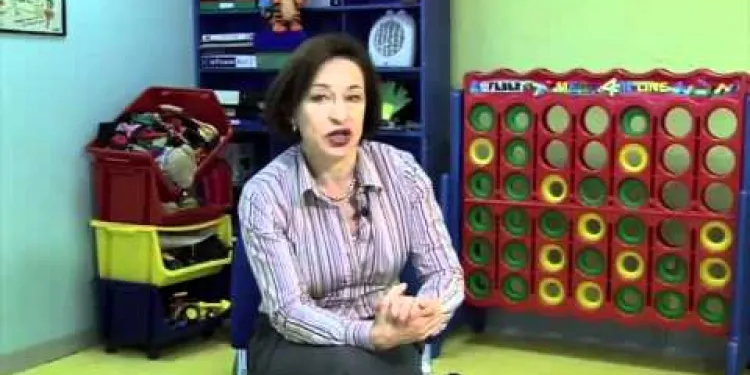
Children With Co-ordination Difficulties and Dyspraxia
Relevance: 52%
-
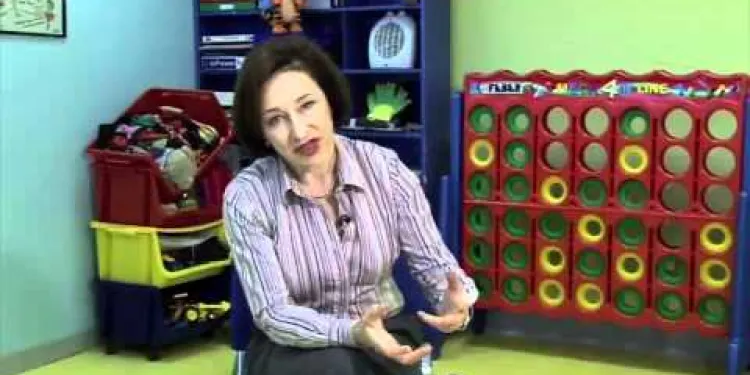
Helping Children With Co-ordination Difficulties
Relevance: 50%
-
Who is at risk for developing an eating disorder?
Relevance: 42%
-
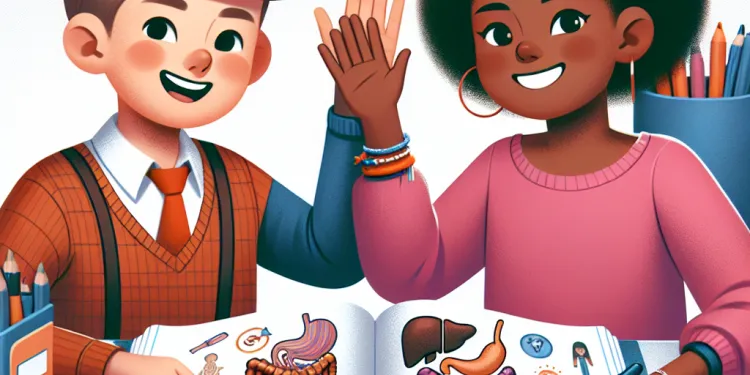
Can children develop Crohn's disease?
Relevance: 35%
-
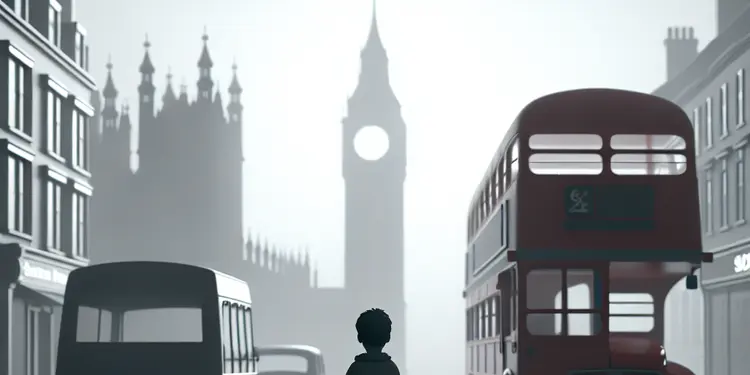
Can children develop chronic fatigue syndrome?
Relevance: 34%
-
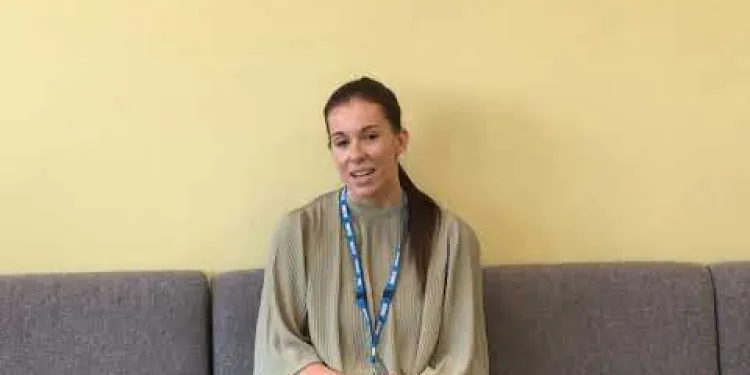
Practical strategies to support young children who stammer
Relevance: 34%
-
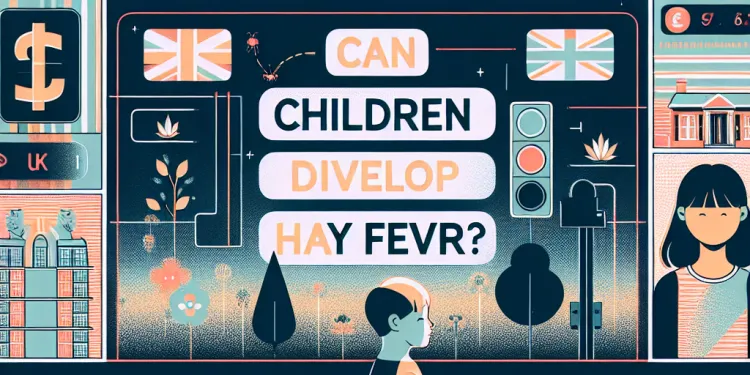
Can children develop hay fever?
Relevance: 32%
-
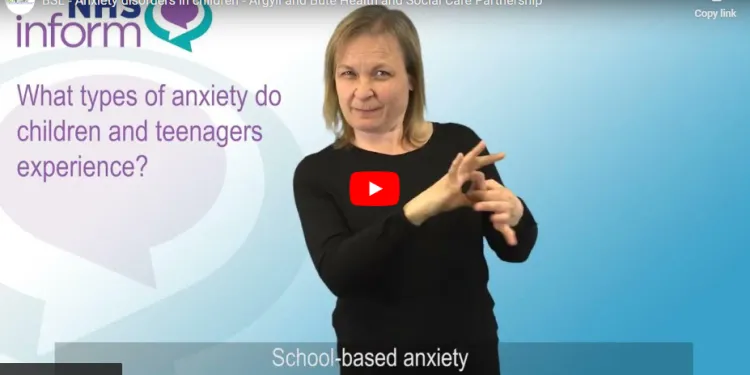
What type of anxiety do children and teenagers experience?
Relevance: 31%
-

Who is at risk of developing eczema?
Relevance: 31%
-
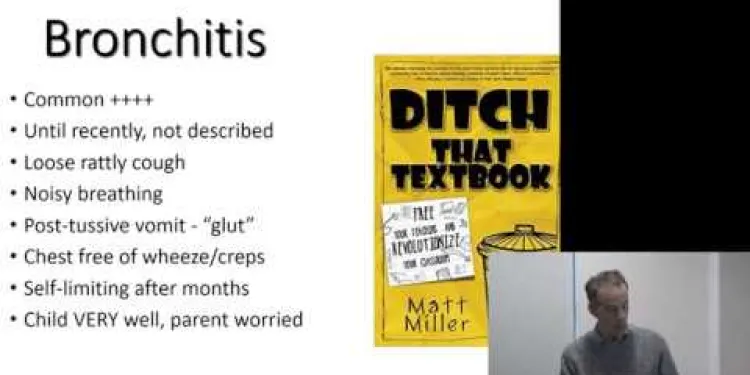
Bronchiolitis and chest infections in young children - Prof Steve Turner
Relevance: 31%
-
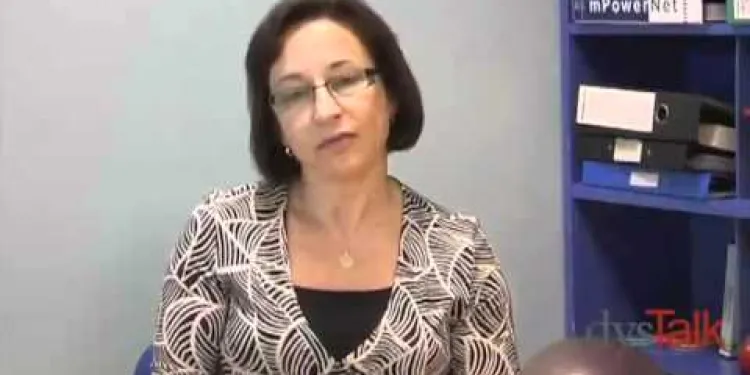
Dyspraxia Children: How to Help
Relevance: 30%
-
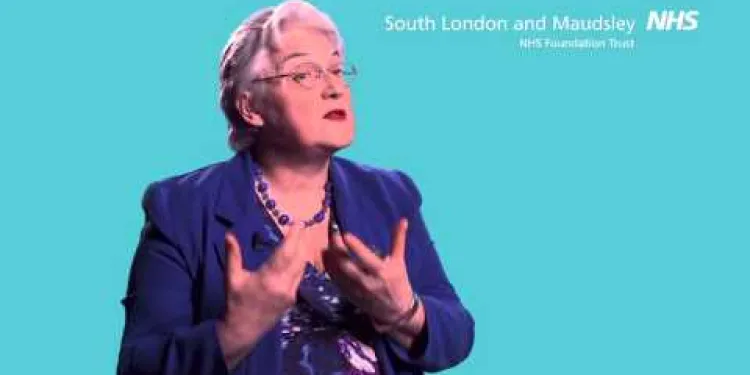
Eating disorders: treatment
Relevance: 29%
-
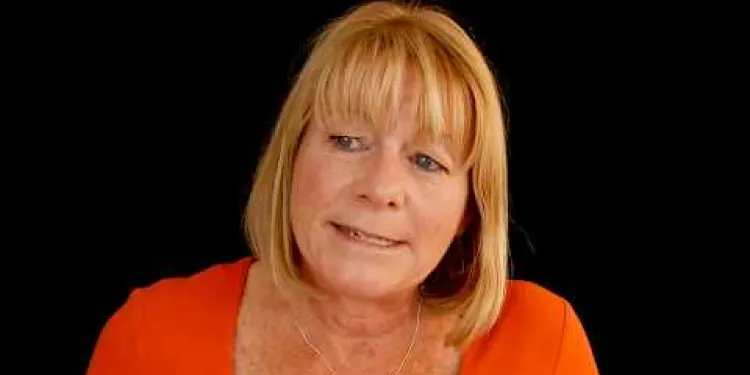
The treatment approach for an eating disorder
Relevance: 28%
-

Who is at risk of developing SAD?
Relevance: 28%
-
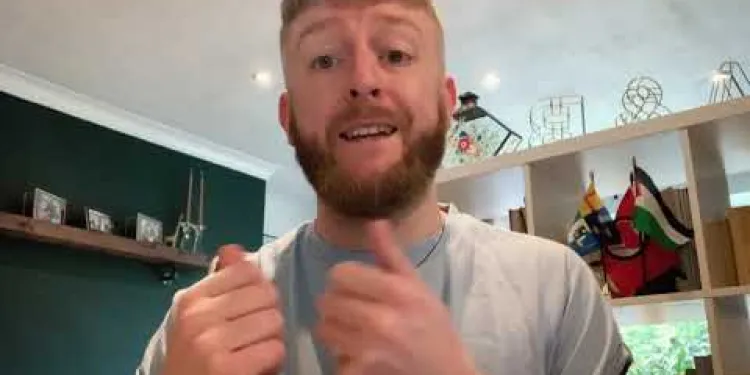
Living with Bipolar Disorder
Relevance: 28%
-
What is an eating disorder?
Relevance: 27%
-
What is the role of therapy in treating eating disorders?
Relevance: 27%
-
Are there preventative measures for eating disorders?
Relevance: 27%
-
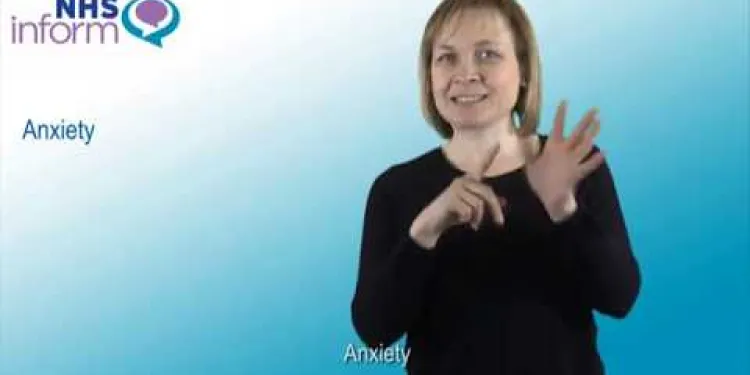
Generalised anxiety disorder (GAD)
Relevance: 27%
-
What is an Eating Disorder?
Relevance: 26%
-

What are SEND children?
Relevance: 26%
-
Are eating disorders only about food?
Relevance: 26%
-

Who is at risk of developing chronic fatigue syndrome?
Relevance: 26%
-
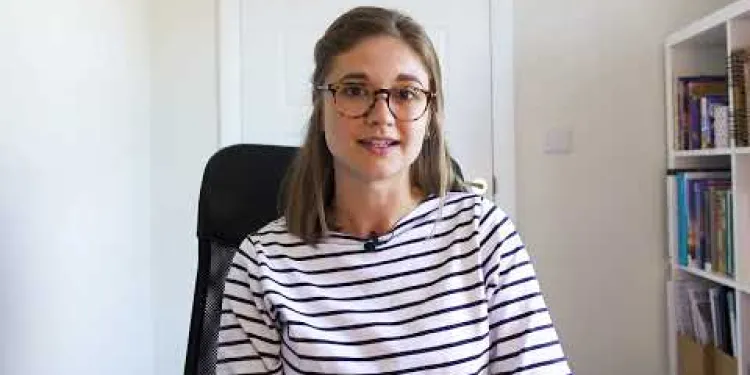
Jess Rann - Specialist Eating Disorders Dietitian
Relevance: 26%
-

How common is Seasonal Affective Disorder?
Relevance: 26%
-
Can eating disorders be treated?
Relevance: 25%
-
Is it possible to recover from an eating disorder?
Relevance: 25%
-
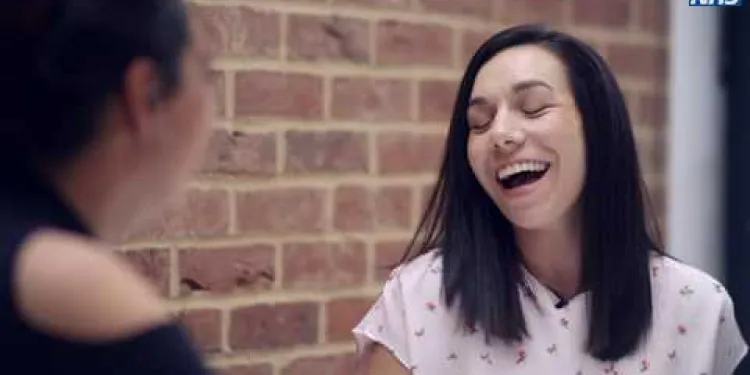
Short Films About Mental Health - Personality Disorders
Relevance: 25%
-
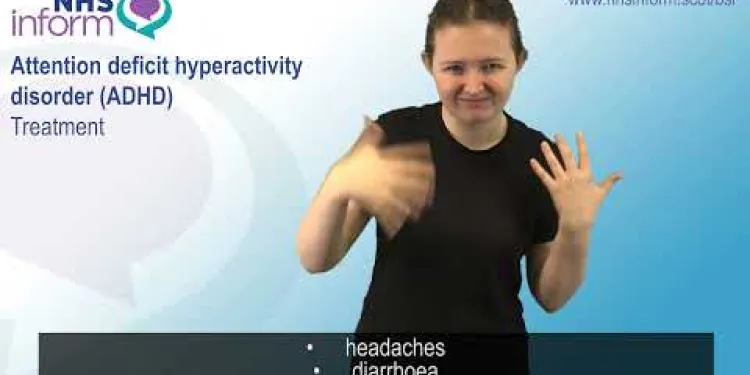
Attention deficit hyperactivity disorder (ADHD) - Treatment
Relevance: 25%
-

Who are SEND children?
Relevance: 25%
-

Why do some children stammer?
Relevance: 25%
-

What is the impact of eating disorders on physical health?
Relevance: 25%
-

Why is binge drinking common among young adults?
Relevance: 25%
-
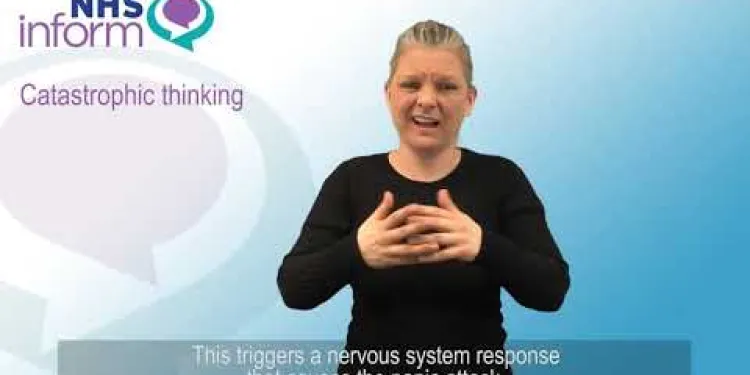
BSL - Causes of panic disorder
Relevance: 25%
-

What support is available for SEND children in schools?
Relevance: 25%
-
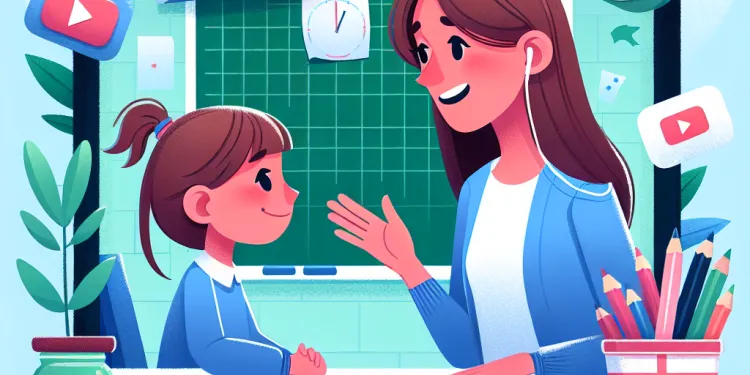
Understanding Mental Health in Children
Relevance: 25%
-
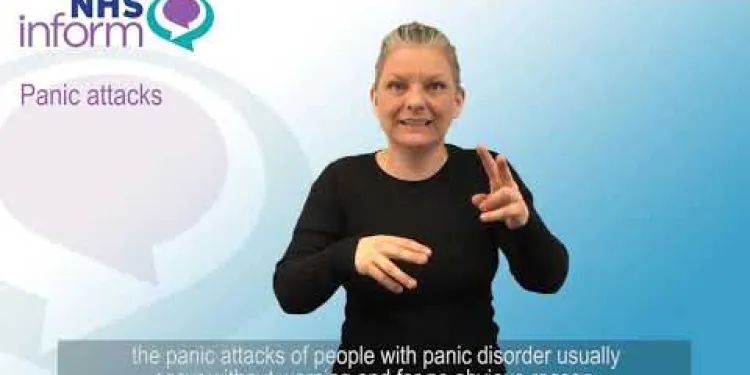
BSL - Diagnosis of panic disorder
Relevance: 25%
-
How are eating disorders diagnosed?
Relevance: 25%
Developmental Coordination Disorder (DCD) in Children and Young People
Understanding Developmental Coordination Disorder
Developmental Coordination Disorder (DCD), also known as Dyspraxia, is a condition that affects physical coordination in children and young people. It is estimated that around 5-6% of school-aged children in the United Kingdom are affected by DCD. Children with this disorder often experience difficulty performing everyday tasks such as writing, tying shoelaces, and participating in sports. These challenges can impact their academic performance, social interactions, and self-esteem.
Signs and Symptoms of DCD
Children and young people with DCD may display a range of signs and symptoms. Common indicators include clumsiness, poor balance, and difficulty with fine and gross motor skills. They might struggle with tasks like using cutlery, dressing, or coordinating movements in team sports. Additionally, they may have trouble with organisational skills and completing tasks within a reasonable timeframe. It is essential for parents and educators to recognise these signs early to provide the necessary support and interventions.
Diagnosis and Assessment
Diagnosing DCD typically involves a comprehensive assessment by a healthcare professional, such as a paediatrician, occupational therapist, or educational psychologist. This assessment includes evaluating the child's developmental history, observing their motor skills, and ensuring that their difficulties are not due to other medical conditions. Early diagnosis is crucial for implementing effective strategies to help children manage their symptoms and improve their coordination skills.
Support and Interventions
There are various interventions available to support children and young people with DCD. Occupational therapy can help improve daily living skills, while physiotherapy can enhance overall motor coordination. Educational support, including tailored teaching methods and assistive technologies, can aid academic performance. Encouraging participation in activities such as swimming, dance, or martial arts can also boost confidence and coordination. Support groups and counselling may benefit both children and their families by providing emotional support and practical advice.
Living with DCD
With the appropriate support, children and young people with DCD can lead fulfilling lives. Early intervention, patience, and understanding from parents, educators, and peers are vital in helping them overcome challenges. Raising awareness about DCD and promoting an inclusive environment can significantly impact their development and well-being.
Developmental Coordination Disorder (DCD) in Children and Young People
Understanding Developmental Coordination Disorder
Developmental Coordination Disorder (DCD), also called Dyspraxia, is when a child has trouble moving their body the right way. About 5 or 6 out of every 100 children in the UK have DCD. Children with DCD may find it hard to do things like write, tie their shoelaces, or play sports. These problems can make school hard, affect friendships, and lower a child's confidence.
Signs and Symptoms of DCD
Children with DCD might be clumsy, have trouble balancing, and find it hard to use their hands and feet well. They may struggle with eating using a fork and knife, getting dressed, or playing in team sports. They might also take a long time to finish tasks and find it hard to organise things. It is important for parents and teachers to notice these signs early to get the right help for them.
Diagnosis and Assessment
To find out if a child has DCD, a doctor or specialist will check the child's movement skills and listen to their history. This may include visits with a children's doctor, a therapist, or a psychologist. They will make sure the problems are not caused by something else. Finding out early can help start activities that make the child's movements better.
Support and Interventions
There are different ways to help children with DCD. Occupational therapy can help with everyday skills, and physiotherapy can help with moving better. Schools can use special teaching styles and helpful tools to support learning. Activities like swimming, dancing, or martial arts can help with confidence and coordination. Support groups and talking to someone about feelings can help children and their families.
Living with DCD
With the right help, children with DCD can live happy lives. Early help, kindness, and patience from parents, teachers, and friends matter a lot. Teaching others about DCD and making sure everyone is included can really help these children grow and feel good about themselves.
Frequently Asked Questions
What is Developmental Coordination Disorder (DCD)?
Developmental Coordination Disorder (DCD), also known as dyspraxia, is a condition affecting physical coordination in children and adults. It causes a person to perform less well than expected in daily activities for their age, affecting fine and gross motor skills.
What are the signs of DCD in children?
Signs of DCD in children include clumsiness, difficulty with tasks such as tying shoelaces or handwriting, bumping into objects, and struggling with sports or playground activities.
How is DCD diagnosed in the UK?
DCD is typically diagnosed by a healthcare professional, such as a paediatrician, occupational therapist, or educational psychologist. The process involves observing the child’s motor skills, taking a detailed developmental history, and sometimes conducting specific motor coordination tests.
What causes DCD?
The exact cause of DCD is unknown, but it is believed to be related to the way the brain processes information, resulting in message disruption between the brain and body. Genetic, prenatal, and early childhood factors may also contribute.
Can DCD be cured?
There is no cure for DCD, but with appropriate support and interventions, such as occupational therapy and physical therapy, children can improve their motor skills and better manage daily activities.
What treatments are available for children with DCD?
Treatments for DCD may include occupational therapy, physical therapy, and support with fine motor skills through specialised programmes. Schools can also provide additional support through Individual Education Plans (IEPs).
How can teachers support children with DCD?
Teachers can support children with DCD by providing clear instructions, breaking tasks into smaller, manageable steps, allowing extra time for activities, and making use of assistive technology where appropriate.
Are there any resources for parents of children with DCD?
Yes, there are many resources available including support groups, online forums, and organisations such as the Dyspraxia Foundation, which offer information, advice, and community support.
Can DCD affect a child's academic performance?
Yes, DCD can affect a child's academic performance, particularly in tasks involving writing, organisation, and concentration. However, with the right support, children with DCD can succeed academically.
Is DCD related to other developmental disorders?
DCD can co-occur with other developmental disorders such as ADHD, autism spectrum disorders, and learning disabilities. Comprehensive assessments can help identify these conditions for appropriate intervention.
How common is DCD in the UK?
DCD is relatively common, affecting about 5-6% of children in the UK. It is more commonly diagnosed in boys than in girls.
What role does physical activity play in managing DCD?
Physical activity is important in managing DCD as it can help improve motor skills, coordination, and overall physical health. Activities such as swimming, martial arts, and cycling can be particularly beneficial.
Will my child outgrow DCD?
While children do not outgrow DCD, they can learn to manage the symptoms better with age and appropriate interventions. Many individuals continue to have motor coordination difficulties into adulthood, but they often find effective coping strategies.
How can I support my child at home if they have DCD?
You can support your child by encouraging practice of motor skills, providing structured routines, giving clear and simple instructions, using visual aids, and offering plenty of patience and encouragement.
Is there any financial support available for families dealing with DCD in the UK?
Families in the UK can access financial support through Disability Living Allowance (DLA) for children, which provides assistance for extra costs incurred due to a child's disability, including DCD.
What is Developmental Coordination Disorder (DCD)?
Developmental Coordination Disorder (DCD) is a condition that makes it hard for children to learn motor skills. Motor skills are actions like running, jumping, or holding a pencil. Children with DCD might find these tasks difficult and need extra help.
Here are some tips to help:
- Practice the skills slowly and step by step.
- Use simple words and clear instructions.
- Be patient and supportive.
- Try using tools or games to make learning fun.
Developmental Coordination Disorder (DCD) is also called dyspraxia. It is a condition that makes it hard for kids and adults to move their bodies well.
People with DCD might find it hard to do things like writing or playing sports as well as others their age. It affects how they use their small and big muscles.
Some helpful tools or techniques for people with DCD are using thicker pens and pencils, playing games that help with body movements, and breaking tasks into smaller steps.
What are the signs of DCD in children?
DCD means Developmental Coordination Disorder. It can make it hard to move and do things.
Here are some signs of DCD:
- Clumsy: The child might bump into things a lot.
- Hard to write or draw: The child might have messy handwriting.
- Problems with sports: The child might find it hard to catch or throw a ball.
- Takes longer to do things: The child might take more time to get dressed.
Helping tools:
- Use big handles on pens and pencils.
- Practice one step at a time.
- Use games to make learning fun.
Children with DCD might seem a bit clumsy. They may find it hard to do things like tie their shoelaces or write. They might bump into things a lot and find sports or playing on the playground difficult.
How do doctors find out if someone has DCD in the UK?
DCD is usually found out by a doctor or specialist who helps with movement or learning. This could be a children’s doctor, someone who helps with movement skills, or a learning expert. They watch how the child moves, ask questions about how the child has grown, and sometimes do special tests to see how the child moves.
Why do people get DCD?
DCD stands for Developmental Coordination Disorder.
Doctors do not know all the reasons why people get DCD. It might be because the brain finds it hard to send the right messages to the body. This can make it tricky to move your arms and legs in the right way.
If you or someone you know has DCD, you can use special tools to help. For example, you might use big pencils or balls to make it easier to hold and catch. Practicing skills like tying shoes or using scissors can also help a lot.
Always ask for help if you need it. There are people like teachers and therapists who can support you.
The exact cause of DCD (Developmental Coordination Disorder) is not known. But, it might be because the brain and body do not talk to each other the right way. This can happen because of genes (information passed from parents), problems before a baby is born, or things that happen when a child is very young.
Can DCD be cured?
No, DCD cannot be cured, but help is available.
DCD stands for Developmental Coordination Disorder.
People with DCD can learn ways to make life easier.
Here are some helpful tools and tips:
- Work with a therapist to learn new skills.
- Use lists or pictures for reminders.
- Practice activities slowly and often.
- Ask for help if needed.
These can help people with DCD feel better and do things more easily.
There is no way to make DCD go away, but getting help can make things better. With the right support, like seeing an occupational therapist or physical therapist, kids can get better at moving and doing everyday things.
What can help children with DCD?
Children with DCD (Developmental Coordination Disorder) can get help. Here are some things that might be useful:
- Occupational Therapy: An occupational therapist can help children learn how to do daily tasks better, like getting dressed or writing.
- Physical Therapy: A physical therapist can help children improve their movement, balance, and strength.
- Special Teaching: Teachers can use special ways to help children learn in school.
- Practice: Practicing skills regularly can help children get better at them.
- Parents and Caregivers: Parents and caregivers can learn how to support their child at home.
These tools can help make life easier for children with DCD. It's good to talk to a doctor or therapist to find the right help.
If someone has DCD, they can get help in different ways. They might see a special helper called an occupational therapist to help with daily tasks. A physical therapist can help them move and get stronger. There are also programs to help with small movements like writing or using scissors.
Schools can give extra help too. They can make a special plan just for the child. This is called an Individual Education Plan, or IEP.
How can teachers help children with DCD?
DCD stands for Developmental Coordination Disorder. Children with DCD might find some things harder, like writing and playing sports. Here are some ways teachers can help:
- Break tasks into small steps: Help kids by showing them one step at a time.
- Use pictures and videos: Show kids how to do things with pictures or videos. This can make it easier to learn.
- Practice: Give kids time to practice. The more they try, the better they get.
- Be patient and kind: Encourage and support kids. Tell them it's okay to make mistakes. They're learning.
Tools and techniques can also help, like using special pencils that are easier to hold or using a computer for writing.
Teachers can help kids with DCD by doing these things:
- Give clear and simple instructions.
- Break big tasks into small steps.
- Give more time to finish activities.
- Use helpful tools like special computers or apps.
Help for Parents of Kids with DCD
Do you need help because your child has DCD? Here is some info that can help:
- Speak to a doctor or teacher. They have good advice.
- Look for support groups. Other parents can share ideas.
- Check online for websites with tips for DCD.
- Use visuals like pictures to help your child understand.
- Try using apps that offer fun ways to learn.
These things can make life easier for you and your child.
Yes, there are many places that can help. There are support groups and online chat forums. There are organisations like the Dyspraxia Foundation. They can give you information, advice, and help you feel part of a community.
Does DCD make school harder for kids?
DCD stands for Developmental Coordination Disorder. It can make it hard for some kids to do things that need good control of their muscles. This might include writing, sports, or even playing with friends.
Kids with DCD may find some school tasks difficult. This can sometimes affect their schoolwork.
Here are some ways to help:
- Use special tools like pencil grips to help with writing.
- Break tasks into smaller steps to make them easier.
- Practice tasks often to get better over time.
- Ask teachers for extra help when needed.
DCD can make school hard for children. It can be tough for them to write, stay organised, and focus. But, with help, they can do well in school.
Is DCD linked to other learning problems?
DCD stands for Developmental Coordination Disorder. It means a child might find it hard to move their body the way they want to. This can make things like writing, running, or playing sports difficult.
Sometimes, kids with DCD might also have other learning problems. These can include things like ADHD, which makes it hard to pay attention, or dyslexia, which makes reading hard.
If you think someone might have DCD or another learning problem, it's good to talk to a doctor or a teacher. They can help find the right support.
Some tools and tips can help, like:
- Using big pencils or pens to help with writing.
- Doing easy exercises to practice moving.
- Playing games that help with balance and movement.
Remember, everyone learns in different ways, and that's okay!
DCD can happen at the same time as other conditions like ADHD, autism, and learning difficulties. Getting a full check-up can help find these conditions so people can get the right help.
How many people have DCD in the UK?
DCD stands for Developmental Coordination Disorder. It means that some people have trouble with movements and coordination.
In the UK, about 1 out of every 10 children have DCD. This means if you see 10 children, one of them might have DCD.
If you want to know more or need help, ask a teacher or a doctor. They can give you good advice and support.
DCD happens a lot. It affects about 5 or 6 out of every 100 children in the UK. More boys are told they have DCD than girls.
How does moving your body help with DCD?
Moving your body is important if you have DCD. It helps you get better at using your body and staying healthy. Some good activities to try are swimming, karate, and riding a bike.
Will my child stop having DCD when they get older?
Many kids with DCD, or Developmental Coordination Disorder, do not completely outgrow it. But they can get better at doing things with help and practice. Here are some ways you can help your child:
- Use tools like special grips for pencils or scissors to make things easier.
- Practice activities like throwing and catching a ball. Try to make it fun.
- Ask for help from a therapist. They know good ways to help with DCD.
- Be patient and encourage your child to keep trying.
Every child is different, and some may improve more than others. It's important to focus on what your child can do, and be proud of their achievements.
Children do not "grow out" of DCD, but they can learn to handle it better as they get older. With the right help, they can find ways to manage the difficulties. Some adults will still have trouble moving in a coordinated way, but they usually find ways that help them cope.
Here are some tips and tools to help:
- Use simple language and clear instructions.
- Break tasks into small steps.
- Practice regularly to build skills.
- Use visual aids like pictures or charts.
- Try activities like dancing or sports to help with coordination.
How can I help my child at home if they have DCD?
Here are some ways you can help your child:
- Practice daily skills: Help your child practice things like tying shoes or using scissors.
- Break tasks into steps: Show them one step at a time. This makes activities easier to follow.
- Use tools for support: Things like special pencils or grips can help with writing.
- Be patient and give praise: Encourage your child and praise their effort.
Using pictures or charts to show steps can also help. Let your child learn at their own pace.
You can help your child by doing these things:
- Help them practice moving their body, like jumping, running, and drawing.
- Make a daily schedule to do things at the same time every day.
- Give directions that are easy to understand.
- Use pictures to help explain things.
- Be patient and cheer them on!
Can families in the UK get money help if they have a child with DCD?
If your child has DCD, there are places you can try to get money help. You can ask for:
- Benefits: These are money programs for families who need extra help.
- Charities: Some groups give out money or things to families.
- Support groups: Talking with other parents can give you ideas on where to get help.
You can talk to a social worker or advice service to learn more. They can help you understand what support you might get.
Tools that can help:
- Online benefit checkers: Websites that tell you what money help you can ask for.
- Helpline: A phone number you can call to ask questions.
Families in the UK can get help with money through Disability Living Allowance (DLA) for children. This helps pay for extra costs because a child has a disability, like DCD.
Useful Links
This website offers general information and is not a substitute for professional advice.
Always seek guidance from qualified professionals.
If you have any medical concerns or need urgent help, contact a healthcare professional or emergency services immediately.
Some of this content was generated with AI assistance. We’ve done our best to keep it accurate, helpful, and human-friendly.
- Ergsy carfully checks the information in the videos we provide here.
- Videos shown by Youtube after a video has completed, have NOT been reviewed by ERGSY.
- To view, click the arrow in centre of video.
- Most of the videos you find here will have subtitles and/or closed captions available.
- You may need to turn these on, and choose your preferred language.
- Go to the video you'd like to watch.
- If closed captions (CC) are available, settings will be visible on the bottom right of the video player.
- To turn on Captions, click settings .
- To turn off Captions, click settings again.
More Items From Ergsy search
-

Developmental Coordination Disorder (DCD) for Children and Young People
Relevance: 100%
-

Anxiety in young people
Relevance: 53%
-

Children With Co-ordination Difficulties and Dyspraxia
Relevance: 52%
-

Helping Children With Co-ordination Difficulties
Relevance: 50%
-
Who is at risk for developing an eating disorder?
Relevance: 42%
-

Can children develop Crohn's disease?
Relevance: 35%
-

Can children develop chronic fatigue syndrome?
Relevance: 34%
-

Practical strategies to support young children who stammer
Relevance: 34%
-

Can children develop hay fever?
Relevance: 32%
-

What type of anxiety do children and teenagers experience?
Relevance: 31%
-

Who is at risk of developing eczema?
Relevance: 31%
-

Bronchiolitis and chest infections in young children - Prof Steve Turner
Relevance: 31%
-

Dyspraxia Children: How to Help
Relevance: 30%
-

Eating disorders: treatment
Relevance: 29%
-

The treatment approach for an eating disorder
Relevance: 28%
-

Who is at risk of developing SAD?
Relevance: 28%
-

Living with Bipolar Disorder
Relevance: 28%
-
What is an eating disorder?
Relevance: 27%
-
What is the role of therapy in treating eating disorders?
Relevance: 27%
-
Are there preventative measures for eating disorders?
Relevance: 27%
-

Generalised anxiety disorder (GAD)
Relevance: 27%
-
What is an Eating Disorder?
Relevance: 26%
-

What are SEND children?
Relevance: 26%
-
Are eating disorders only about food?
Relevance: 26%
-

Who is at risk of developing chronic fatigue syndrome?
Relevance: 26%
-

Jess Rann - Specialist Eating Disorders Dietitian
Relevance: 26%
-

How common is Seasonal Affective Disorder?
Relevance: 26%
-
Can eating disorders be treated?
Relevance: 25%
-
Is it possible to recover from an eating disorder?
Relevance: 25%
-

Short Films About Mental Health - Personality Disorders
Relevance: 25%
-

Attention deficit hyperactivity disorder (ADHD) - Treatment
Relevance: 25%
-

Who are SEND children?
Relevance: 25%
-

Why do some children stammer?
Relevance: 25%
-

What is the impact of eating disorders on physical health?
Relevance: 25%
-

Why is binge drinking common among young adults?
Relevance: 25%
-

BSL - Causes of panic disorder
Relevance: 25%
-

What support is available for SEND children in schools?
Relevance: 25%
-

Understanding Mental Health in Children
Relevance: 25%
-

BSL - Diagnosis of panic disorder
Relevance: 25%
-
How are eating disorders diagnosed?
Relevance: 25%


